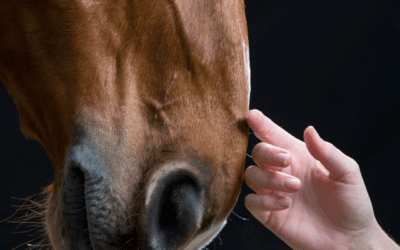Journal of Small Animal Practice 2006 47 (7): 377-382
Bexfield, N.H., Foale, R.D., Davison, L.J., Watson, P.J., Skelly, B.J., and Herrtage, M.E.
Abstract:
Bexfield et al discuss the value of using inhaled corticosteroids in the management of chronic inflammatory airway disease in dogs.
Thirteen dogs that fulfilled the criteria were identified. Ten dogs were diagnosed with chronic bronchitis and three with eosinophilic bronchopneumopathy. Four dogs had not previously received corticosteroid treatment for their respiratory disease, and all these showed a reduction or a resolution of clinical signs without obvious side effects after inhaled corticosteroid therapy. Nine dogs had previously received oral or parenteral corticosteroids for treatment of their respiratory disease, and all had exhibited side effects. Five of these dogs were treated with inhaled corticosteroids alone, and all exhibited an improvement in clinical signs without observable side effects. The remaining four dogs were treated with a combination of inhaled and oral corticosteroids, and all showed improvement in clinical signs and reduction in side effects. Inhaled medication was well tolerated in all dogs.
Their conclusion was that inhaled corticosteroids used in the management of chronic bronchitis and eosinophilic bronchopneumopathy may have the advantage of reducing side effects associated with oral corticosteroids.
Read the full article (168Kb) here…




